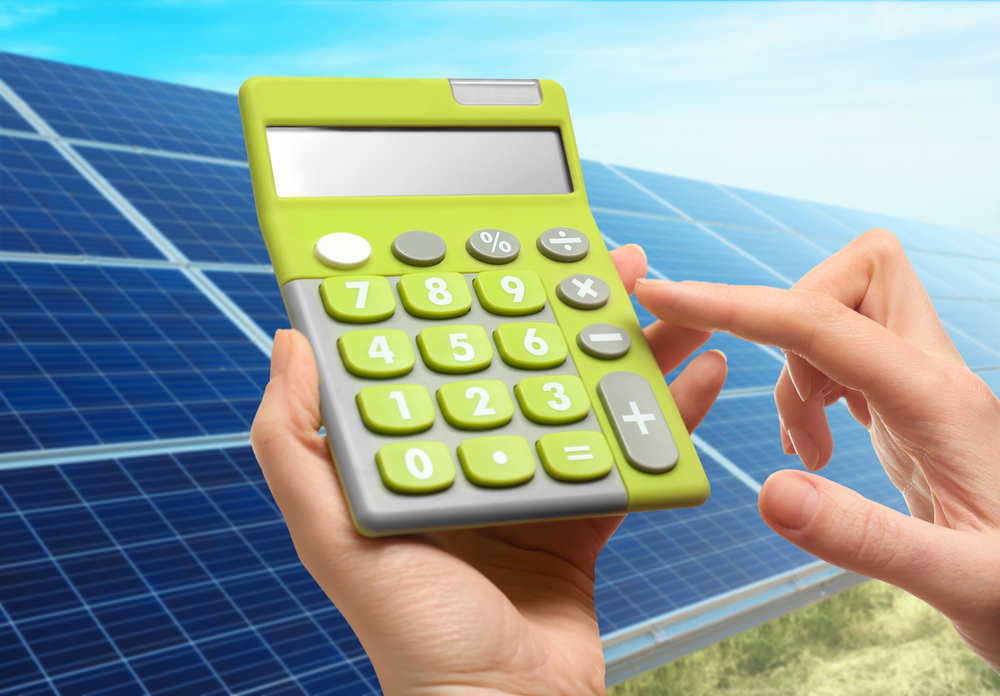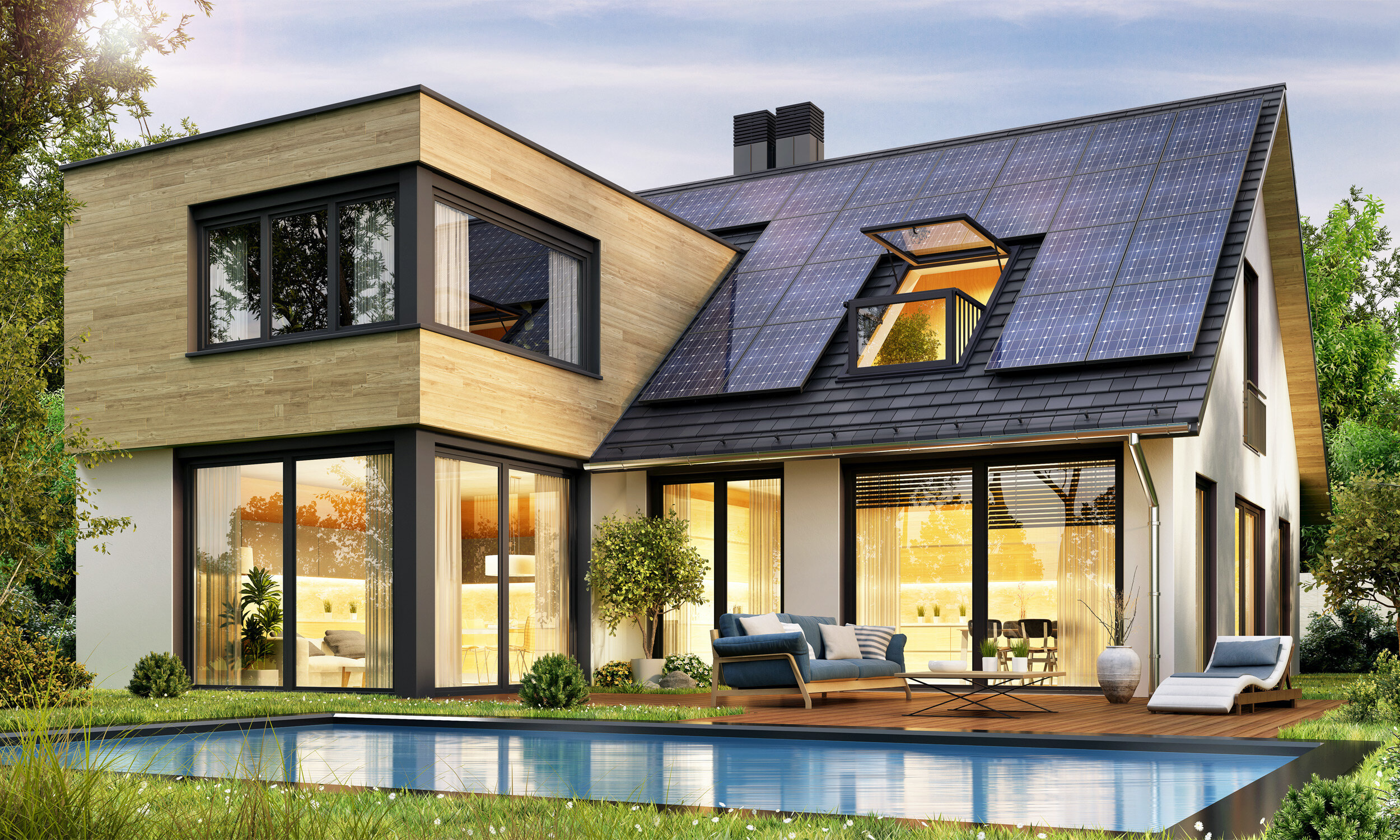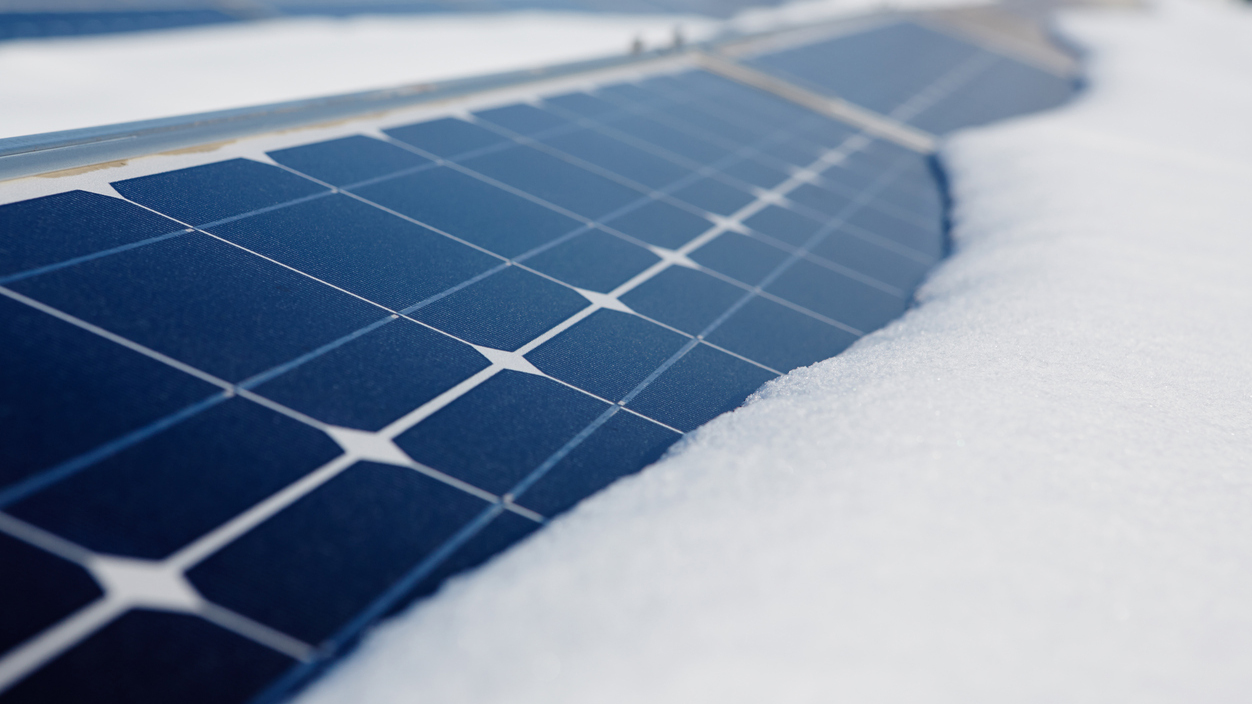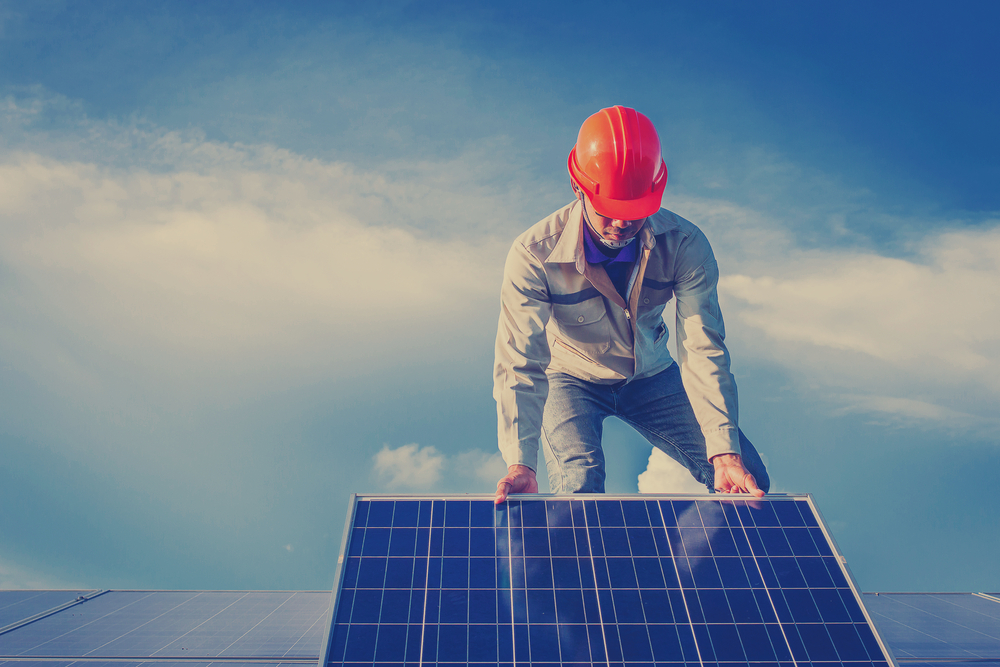- What are solar panels?
- Why do homeowners want solar panels?
- How much do they cost?
- What were the schemes?
- Are the schemes still available?
- Why should you buy solar panels?
While solar panels are popular, many families have tried to opt into schemes which reimburse their solar panel installations due to their expense. Due to the environmentally friendly nature of solar panels and the desire of UK families to reduce their carbon footprints and become self-sustaining, solar power have seen a soar in popularity in recent years, with many individuals opting to have these systems installed on their home’s roof.
This allows families to harness sun-generated energy for their homes in replacement of the amount of fossil fuel-based electricity that they use on a daily basis.
What are solar panels?

Solar panels are photovoltaic systems that contain a DC to AC power converter and metal conducive plates which collect freed electrons and allow them to form an electrical flow. When they are in direct sunlight, they can absorb the sun’s energy and generate this into an electric current which can replace other forms of electricity in homes and businesses. Solar panels allow photons (light particles) to free electrons from atoms in the solar panels, and this is what allows homeowners to create an electric current, which they can then harness.
Manufacturers create solar panels by forming an electric field on photovoltaic cells by adding other materials to layers of silicon. This creates separate positive and negative charges which then form an electrical field between them. The top layer of silicon is combined with phosphorus to create a negative charge, while the bottom layer is made positive through the addition of boron. This means that when the sun hits the panel, the sunlight will split an electron from the photovoltaic cells and the electric field will free it from the silicon that it is housed in.
However, the technicalities of solar panels can make them expensive for homeowners, which can leave them searching for free solar panel schemes which can give them a long-term payback for their investment.
Why do homeowners want solar panels?
Due to their ability to harness the sun’s energy, solar panels are extremely popular with homeowners and can increase the value of their home. Solar panels create a clean type of energy that is much more environmentally friendly than other forms of electricity, which are created from limited reserves of fossil fuels. Not only are fossil fuels limited, but the burning of fossil fuels such as natural gas and coal can also contribute to global warming by increasing the amount of carbon dioxide in the atmosphere.
Carbon dioxide contributes to global warming as it traps heat in the form of infrared radiation within the atmosphere, and human usage of carbon dioxide has increased the CO2 in the atmosphere by a third. This is called the ‘Greenhouse Effect’ as it steadily increases the temperature of the earth’s atmosphere.
However, from a homeowner’s perspective, they not only help to reduce a family’s carbon footprint, but they can also help homeowners to save money due to the reduced need to invest in fossil fuel electricity, such as that produced by energy companies.
Depending on the amount of electricity that your home uses, you may be able to ensure that solar panels cover your entire energy usage on an annual basis, with households using around 5,000 to 10,000 kilowatts of energy every year. Most households, to cover the cost of their energy bills fully, will need around 16 solar panels. However, households in cold climates like the UK will save the most money over warmer countries as they will be able to reduce the amount of electricity that they are using to power their heating and hot water, for example, which are the most expensive forms of energy usage.
How much do they cost?

Solar panels have been notoriously expensive in the past, with many homeowners foregoing their installation regardless of the long-term benefits. Solar panel systems usually cost around £5,000 to £8,000, depending on the size of the home and the amount of energy that the homeowners use and want to generate. The cost of solar panel installation have reduced considerably since solar panels were first installed in homes, meaning that they are now much more readily available than they were when they were first made popular.
Although solar panels have many cost benefits to homeowners, this drives many families to look for free solar panel schemes set up by the government, which allow them to receive grants for installation and their energy production that can the cover the cost of the initial installation and allow them to start seeing repayment for their cost from the beginning.
What were the schemes?
A few major schemes have previously been initiated in the UK to give homeowners free solar power due to their ability to make homes more environmentally friendly, while also having another important advantage for homeowners by saving on energy bills.
One of the major government-led schemes to try to encourage homeowners to install solar panels on their homes was The Green Deal, which was launched in 2013. The Green Deal gave homeowners a government loan which covered the full cost of solar panel installation, and then this money was repaid on a monthly basis, replacing the expenditure that families would previously have used on energy bills.
The Feed-in Tariff was also set up by the government to encourage homeowners to install solar panels. This scheme allowed homeowners to receive money from the government for up to 20 years after the installation of solar panels for exporting the excess energy that their solar power produced to the National Grid.
The last form of payment that families could receive by having solar panels on their home is through the Renewable Heat Incentive. Families were eligible for this scheme if they registered their solar panels within a year of investing in them. This scheme continued to benefit families after the installation of solar panels, giving them a long-term advantage for installing solar panels. This scheme provided homeowners a lump sum every quarter, and these rates were determined each year based on how much energy each homeowner’s solar panels produced.
Are the schemes still available?
The Green Deal, the latest government-led scheme to allow homeowners to get free solar panels, ended in 2015 after a two year run due to a lack of interest by homeowners stopping the scheme from meeting its original aims. The government also suggested that this was to protect taxpayers, with promises to introduce funding which had the interests of families at heart.

This does not affect individuals who have already opted for the scheme, and they will make their repayments as normal. However, as of 2017, the Green Deal launched under private ownership to help families make their properties more energy-efficient, although this only applies to certain areas. If individuals choose to do this, an advisory team will assess the home and inform the family of work that can be done to improve their energy efficiency, which they can then carry out on their own with their choice of builders, or opt for work to be arranged by the Green Deal team.
The Feed-in Tariff was also cancelled, and, in March 2019, all solar panel incentive programmes ended. Although individuals who already receive payments will still be able to get these, there can be no new applicants to these schemes. However, although there are no official schemes to help families to pay back the cost of solar power, solar panels pay for themselves over time through the reduction of your energy bills, and so it is still important to consider the advantages of these.
Why should you buy solar panels?
Although you may not be able to get solar power for free, it is still worthwhile to invest in them, and over time, they will not even damage your finances. If you can pay the initial costs of installation, buying solar panels for yourself is the best option available as this allows you to instantly save on your electricity bills and have full control of your income from these.
Buying solar panels will allow you to forego the monthly costs of energy bills, and they will even pay for themselves within 7-20 years, making these one of the best long term investments that you can opt for when deciding on home improvements. Not only this, but they can even improve the value of your home, and the average amount that they can increase your home’s value by over £15,000.
If you are interested in buying solar panels, Ecowarm Solar allows you to choose the best solar panel options for your home, making the decision to invest in solar panels simple and stress-free, allowing you to instantly start saving on your energy bills.
To install solar panels, installers will survey your home to check if the building is suitable, with most needing a 10 to 60 degree roof. Solar panels are included as a permitted development, but they must not be higher than the property or protrude more than 200mm. When installing solar panels, roof anchors will be installed onto your roof to hold them in place, and then the frame and solar panels are attached to this. Most are prewired by manufacturers but will need to be connected to an inverter, which will be installed in your house by an electrician at the same time as the panels are installed onto your roof.
Although getting free solar power is not possible in 2019, there are still many advantages in choosing solar panels with Ecowarm Solar, including the long-term impact on your finances and ability to help you save money on energy bills. Not only this but with the environment coming under ever more threat from global warming, now is the time to consider the best ways to decrease your carbon footprint and harness the world’s renewable energy on an individual scale.



